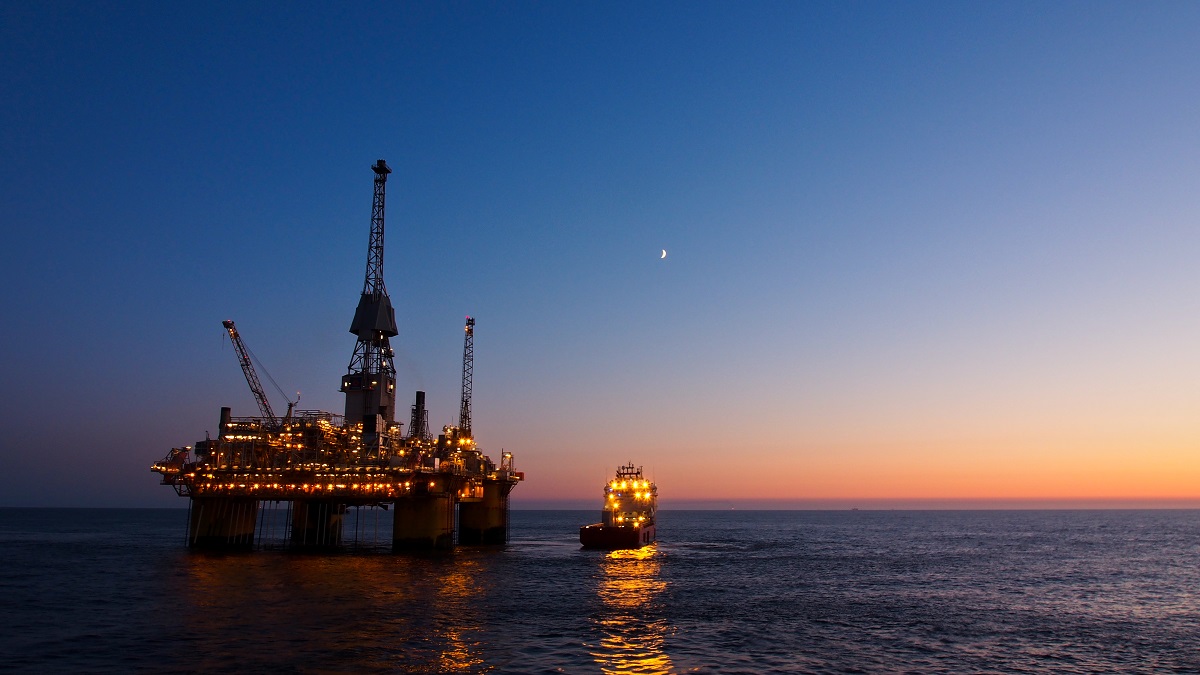By Jeffrey Brown
Gas in the Cabo Delgado province in northern Mozambique has gained global importance in recent years as Europe scrambles to secure new gas supplies since Russia’s invasion of Ukraine and Asian countries try to replace their reliance on coal.
Meanwhile, countries neighboring Mozambique, particularly fellow members of the Southern African Development Community (SADC), also hope to benefit from gas exploitation. They are counting on the 3.4 trillion cubic meters (tcm) of natural gas reserves in Mozambique and Tanzania to provide electrification and economic growth for the continent.
But six years of conflict in Cabo Delgado has kept everyone waiting. The Mozambique LNG Project, the region’s largest, has had construction on hold since 2021, when it declared force majeure after insurgents captured the port town of Palma. African troops and international military aid have since helped subdue the insurgency. However, for gas projects to begin producing and exporting, lasting peace must be ensured on land and at sea.
While often overlooked in reports on the conflict, security in the Mozambique Channel is crucial for LNG tankers to be able to leave the shores of Mozambique. Neighboring landlocked countries and Madagascar also rely on the channel to export goods.
If safety in the Mozambique Channel is guaranteed, gas from Cabo Delgado could be exported to countries near and far. This could help Mozambique become an African success story and make the region a pole of stability and economic growth.
“New Security Hotspot”
Stretching from just above the Comoros Islands to below the southern tip of Madagascar, the Mozambique Channel separates Madagascar from the African continent. It is an essential route for maritime traffic heading towards East Africa, the western side of the Indian subcontinent, the Arabian Peninsula, and the Persian Gulf. About 30% of global tanker traffic passes through there.
The channel is vital for East Africa’s economy since the major Madagascar rivers empty into it, and it includes the exclusive economic zones of Mozambique, Tanzania, Madagascar, the Comoros, and France. Landlocked and southern African countries also rely on the channel to export goods to Asia and Europe.
Maritime traffic was diverted through the Mozambique Channel when the Suez Canal temporarily closed in 2021. The IISS observes, “This disruption to the canal underscored the value of the Mozambique Channel but also increased concerns about instability in the region, leading to increased maritime insecurity and threats to maritime infrastructure.”
This concern has grown with the discovery of over 100 trillion cubic feet of natural gas reserves in Mozambique’s Rovuma Basin. The Lowy Institute claims the channel became a “major new security hotspot in the Indian Ocean” when insurgents seized the port towns of Mocimboa da Praia in August 2020 and Palma in March 2021.
Rwandan, SADC, and Mozambican forces have since retaken the port towns, but the military response has mainly been on land. Little has been done to address maritime problems, such as drug smuggling, that help fund the insurgency. The seas have mostly been calm, but no one wants to see piracy torture the channel as it did off the Horn of Africa or attacks on energy infrastructure like in the Niger Delta.
As Francois Vrey argues, “Mozambique could become a gas emirate in southern Africa, and bringing the industry online could propel Mozambique into the top seven global gas-producing countries. Mozambique’s future economy relies heavily on maintaining a safe offshore domain.” And international stakeholders are also watching the channel.
European And Asian Interests
Looking at the investors in Cabo Delgado’s two main LNG projects leaves no doubt that Europe and Asia want access to Mozambique’s gas. The onshore Mozambique LNG Project in Area 1 is led by France’s TotalEnergies, followed by Japan’s Mitsui, Thailand’s PTTEP, India’s ONGC, Bharat Petroleum Corp, and Oil India. Investors in the offshore Coral South FLNG located in Area 4 include Italian Eni, Portuguese Galp Energia, Korean KOGAS, and Chinese CNPC.
European leaders have increased visits to African cities looking for new gas supplies since Russia invaded Ukraine. To meet the continent’s energy needs, Europe seeks to replace the 150 billion cubic meters it imported from Russia. Bloomberg estimates that EU LNG import requirements will increase by 44 million metric tons by 2026.
With pressure mounting on countries to meet climate goals, Asian countries relying on coal are looking to LNG as a cleaner replacement. India recently invested $60 billion in a natural gas distribution system to “eliminate the emissions and pollution that come from burning coal and biomass.”

Both regions, particularly the EU, have increased resources to end the conflict. In 2022, the SADC Mission in Mozambique (SAMIM) and Rwandan forces received $35 million from the European Peace Facility Fund, making Mozambique the biggest recipient after Ukraine.
India has been the most active in protecting the Mozambique Channel. An Indian Navy P81 maritime patrol aircraft has been staging joint channel patrols with the French Navy since 2020. India also donated two patrol boats to Mozambique in 2021.
As the Atlantic Council argues, “…natural gas development in Africa can help moderate LNG prices, assist Europe in replacing Russian gas, complement intermittent renewable energy supplies, and ensure both the continued transition from coal in Asia as well as critical revenues for economic growth in Africa.” But Mozambique’s African neighbors appear the most driven to help end the insurgency.
The African Context
African leaders hope the global need for gas will fast-track investments in projects leading to economic benefits and electrification for the continent’s 600 million people without access to electricity.
The SADC has a particularly keen interest in Mozambique’s gas as many member countries rely on imported petroleum, which puts their economies at the mercy of fluctuations in global oil prices. As the SADC’s economic powerhouse, South Africa has led efforts to stabilize Cabo Delgado.
With 205 days of countrywide blackouts in 2022 due to failing coal-powered plants, South African President Cyril Ramaphosa is counting on gas imports to ensure their energy security. He said, “Mozambique is endowed with significant volumes of natural gas. This can benefit the people of Mozambique and South Africa and the rest of the SADC region.” He emphasized that energy security was “vital to economic growth in our respective countries.”
Getting Mozambique’s gas flowing has motivated SADC countries and non-member neighbor Rwanda to be hands-on in securing Cabo Delgado. They also want to limit Mozambique’s insurgency from spilling over into their own countries. In July 2021, Rwanda initially sent 1,000 soldiers to Cabo Delgado, later reinforced, and the SAMIM deployed 2,000. This was the SADC’s first military intervention.
South Africa plans to import LNG from the Rovuma Basin via tankers, which means security in the Mozambique Channel is of concern. South Africa and SADC partners have given naval support, and the South African Navy is creating a new operating base in Richards Bay to deal with the insurgency. The Rwandan military has small boats that run harbor patrols.
The US Institute of Peace observes, “Southern African nations have committed to Mozambique because they are concerned that its insurgency threatens their own security, regional integration, and economic development.” And thanks to these African forces, insurgents have started fleeing Cabo Delgado.
Securing Cabo Delgado For Growth
Guaranteeing stability in Cabo Delgado and the Mozambique Channel has reached new geopolitical importance as European, Asian, and fellow African countries eagerly wait for The Mozambique LNG Project to start exporting gas.
Given the potential benefits for the continent, South Africa, in particular, has rallied to the cause and given substantial support to help Mozambique. Thanks to this, violence in Cabo Delgado is starting to subside. But lasting security needs to be ensured if gas is to start flowing out of Mozambique and regional economic growth and prosperity are possible.
- Follow EurAsian Times on Google News
- OPED By Jeffrey Brown




